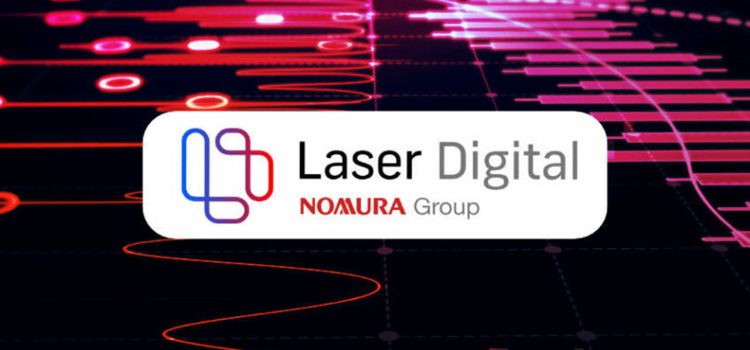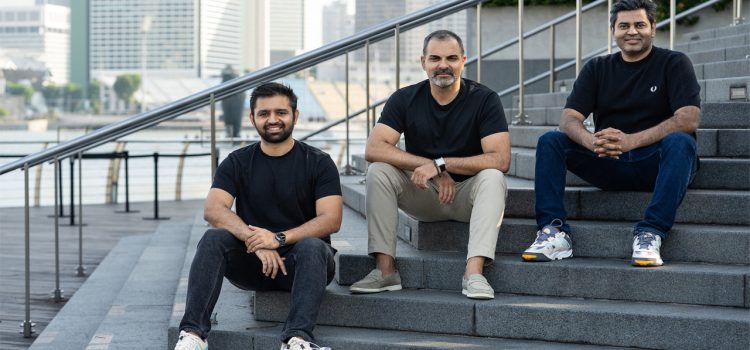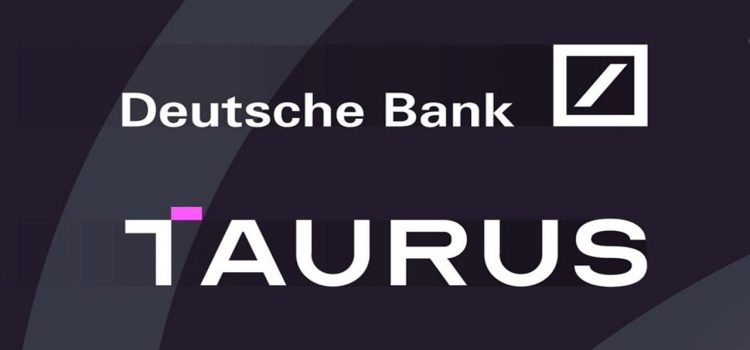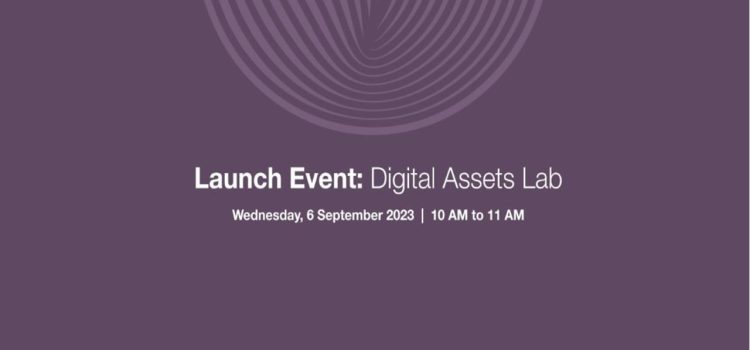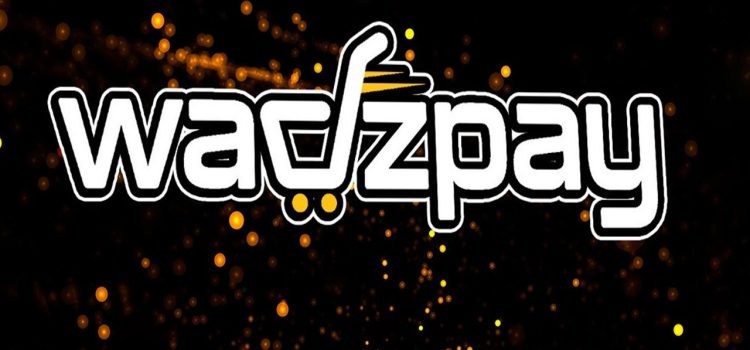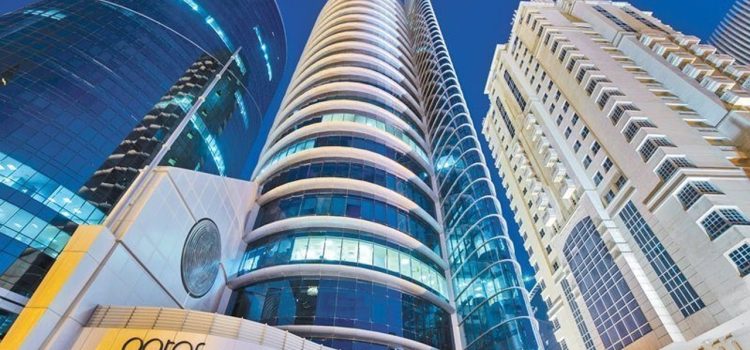
Venture capital fund Varys Capital is looking to enter the GCC market, and is working to raise $75 million for its equity fund focused on blockchain innovation. The fund aims to achieve long-term growth from a curated portfolio of high-quality, early-stage businesses utilising blockchain to solve addressable needs in the wider software, gaming, and finance industries.
To govern its entry into the UAE, Varys Capital has secured reputable local services, including Al Tamimi, one of the GCC’s most prestigious law firms, as its primary counsel.
According to the press release, the company has received inquiries from local institutions and prominent investors. The fund has 12 commitments in place across decentralised (DeFi) and centralised (CeFi) finance, GameFi/Web3, infrastructure, and emerging technologies.
Darius Askaripour, Managing Partner, Varys Capital said, “We are looking at entering the UAE market first encouraged by supportive local government directives, its high innovation levels, robust infrastructure, and forward-thinking mindset, but plan to deploy across the Middle East and North Africa with multiple deals already at the final stages of due diligence.”
The move comes as the International Market Analysis Research & Consulting Group (IMARC) forecasts the GCC’s digital asset management market will be worth US$222 million by 2028, registering a compound annual growth rate of 12.9% over the next five years.
Since 2018, Varys Capital has managed an equity-focused venture fund and a distinguished quantitative trading fund. Its blockchain venture fund boasts a total value to paid-in capital returns of 440% and over triple-digit internal rate of return since capital deployment in March this year.
The fund has made five investments in prominent blockchain, cloud technology, and games projects such as modular blockchain network developer Movement Labs, games studio SunSpear Games, blockchain enhancer for mobile operators Bloxtel, competitive multiplayer first-person shooter games producer Shrapnel, and cloud hardware and software developer, Nirvana Labs. Two of the projects have already experienced significant uprounds boosting returns









